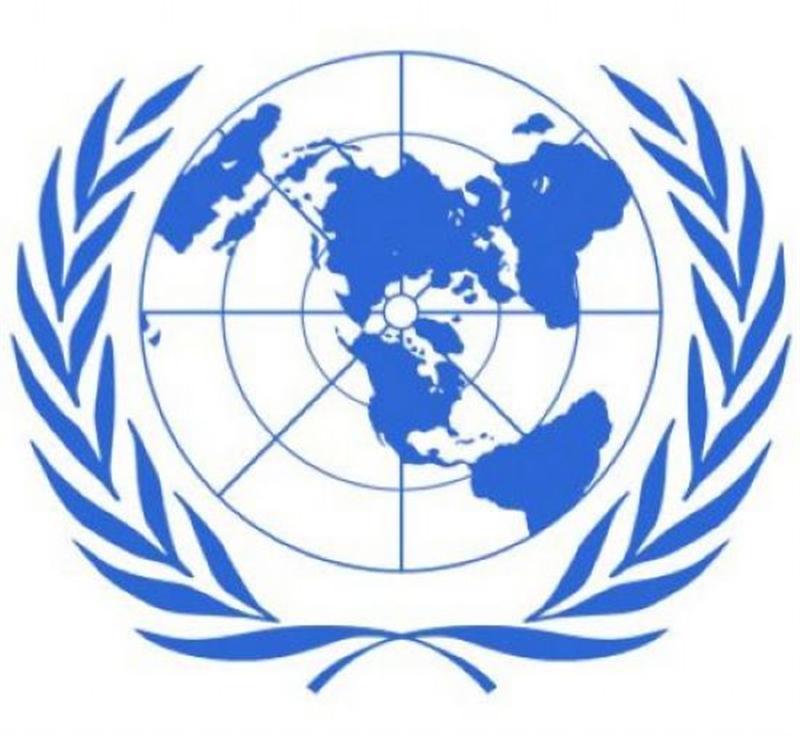KABUL (Pajhwok): The United Nations and the governments of the United Kingdom, Germany and Qatar will co-host an international pledging conference in support of the humanitarian response in Afghanistan on March 31.
Ramiz Alakbarov, deputy special representative of the UN secretary general, on Wednesday urged member states to dig deep for the people of Afghanistan at this time, and to continue their generous support to these life-saving efforts.
Humanitarian assistance alone was not enough to address all needs now and in the future, but it was absolutely necessary to keep people alive and healthy and to prevent vulnerable individuals from sliding ever further into need, he stressed.
In a statement, the UN diplomat said: “We collectively support millions of Afghans to rebuild their lives and communities. We must remember that the long road to a better future is impossible on empty stomach.”
Alakbarov said people in Afghanistan were facing a food insecurity and malnutrition crisis of unparalleled proportions.
The rapid increase in those experiencing acute hunger – from 14 million in July 2021 to 23 million in March 2022 – has forced households to resort to desperate measures such as skipping meals or taking on unprecedented debt to ensure there is some food on the table at the end of the day.
“These unacceptable trade-offs have caused untold suffering, reduced the quality, quantity, and diversity of food available, led to high levels of wasting in children, and other harmful impacts on the physical and mental wellbeing of women, men and children.”
As many as 95 percent of Afghans are not eating enough food, a percentage that rises to almost 100 percent for female-headed households.
“It is a figure so high that it is almost inconceivable. Yet, devastatingly, it is the harsh reality.”
He referred to a terrible drought, the prospect of another bad harvest this year, a banking and financial crisis that has left more than 80 percent of the population facing debt and an increase in food and fuel prices.
“We cannot ignore the reality facing communities. Enormous challenges lie ahead,” the UN official continued.
He reiterated the United Nations, alongside its national and international partners, was doing everything it could to support a comprehensive and coordinated effort to alleviate the impacts of hunger and malnutrition, while giving communities the means to protect and sustain their livelihoods in the future.
Already in 2022, humanitarian partners have supported 8.2 million people with life-saving and life-sustaining food assistance, including emergency food rations, seasonal support, school meals for children, agricultural supplies for farmers such as seeds, fertilizers and animal feed, and nutritious foods and supplements for nursing mothers and their infants.
Over the next months, he promised, the United Nations and humanitarian partners would continue to focus on scaling-up response activities, reaching underserved and remote areas that have been inaccessible in previous years due to insecurity and active conflict.
Acute malnutrition rates in 28 out of 34 provinces are high with more than 3.5 million children in need of nutrition treatment support.
More than 2,500 nutrition treatment sites in all 34 provinces are already working, reaching 800,000 acutely malnourished children since mid-August.
The UN plans to reach 3.2 million affected children this year, according to the statement.
Alakbarov said: “We also aim to reach one million people through vocational skills training, one million children through school feeding, and millions more people both directly and indirectly through programmes that will protect and boost the agricultural livelihoods upon which so much of the population depends.
“We must remain mindful that while the massive humanitarian response mounted since August 2021 has prevented our worst fears from being realized over the winter, food insecurity and malnutrition remain at historic highs and require an immediate, sustained, and large-scale humanitarian response to prevent the loss of more lives and livelihoods. The fate of an entire generation of Afghans is at stake.”
nh/mud








GET IN TOUCH
NEWSLETTER
SUGGEST A STORY
PAJHWOK MOBILE APP